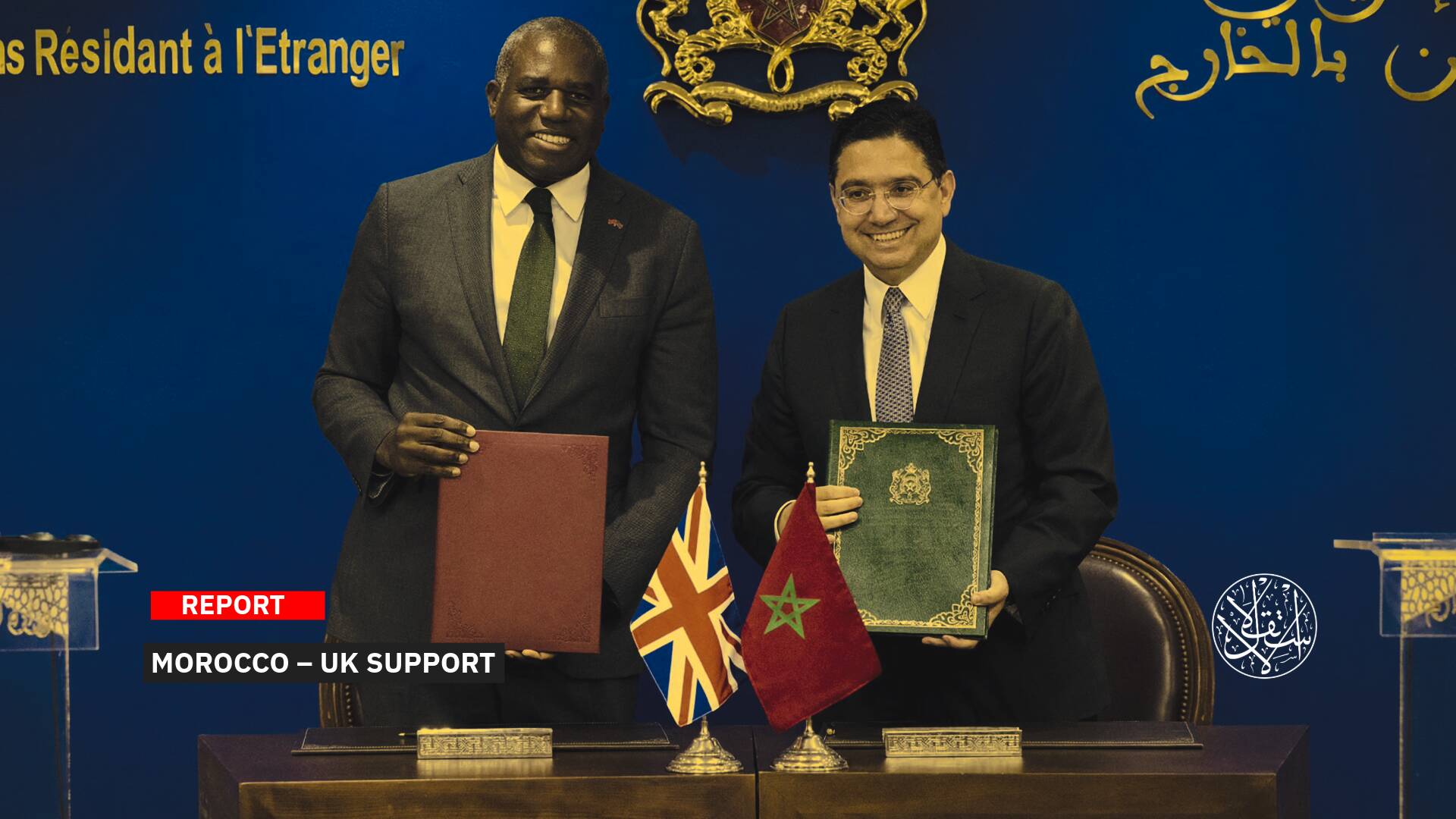How is the European Far Right Escalating War Threats in Bosnia and Serbia?

On January 9, 2022, Bosnian Serbs held public celebrations to mark their autonomous Serb Republic’s national holiday.
Milorad Dodik, Serbian representative of the Bosnian Presidency Council, stood beside the President of the Bosnian Serb Republic, Željka Cvijanović, as well as the Russian Ambassador and members of the far-right National Rally party in France.
The celebration commemorates the date in 1992 when Bosnian Serbs declared the creation of their own state in Bosnia and Herzegovina. It ignited a devastating, nearly four-year-long war which led to some 100,000 people being killed.
In a military parade in front of the podium on which the extreme right-wingers from the European Union and the Western Balkans stood, no one seemed to care about the supreme court's decision to criminalize the celebration as it raises ethnic tensions.
Tension Rises
The current conflict in Bosnia started in the United States-brokered Dayton Peace Agreement of 1995. Although the agreement ended the violence, yet it produced a complex and severely dysfunctional governmental system with a weak central authority and power sharing among ethnic groups.
Milorad Dodik, who represents Serbs, Šefik Džaferović, who represents Bosnian Muslims known as Bosniaks, and Željko Komšić, an ethnic Croat, make up the trio of elected presidents.
Dodik has been chattering away about Serb secession for more than a decade, but this is the first time he has sparked such a crisis.
For months, Dodik has been contributing to propaganda to unite the "Serbian World."
It went beyond rhetoric to constitutional steps in secession. In December 2021, Dodik received the approval of the Bosnian Serb Parliament for secession.
In the same month, parliament granted the Government of the Republika Srpska six months to begin withdrawing in three sovereign federal institutions, the army, the judiciary, and taxes. Dodik also talks about 140 government institutions that he wants to remove and abolish altogether.
Dodik's hate speeches had their consequences; during this year's orthodox Eastern Christmas, celebrated on January 7, in many cities of Bosnia and Serbia, Muslim-hating groups chanted "It's Christmas, shoot in mosques."
Christian Schmidt of Germany, the UN's senior diplomat in Bosnia, described the situation as "the greatest existential threat" to the country's survival since the early 1990s in a report released in October.
'Soft' Sanctions
In a region where the shadow of war is everywhere, many Bosnians fear that the country’s peace is under threat. Although the country resides in Europe, the West seems reluctant to support Bosnia.
Germany has raised the issue of sanctions against officials of the Serbian-majority entity who have threatened to unilaterally withdraw from state institutions.
Berlin asked the EU's European External Action Service (EEAS) to draft a document with proposals on sanctions against officials of the Republika Srpska, RFE/RL reported on November 17.
On January 5, Reuters reported that the US Treasury Department in a statement accused Dodik, already subject to US sanctions under a different authority, of corruption and threatening the stability and territorial integrity of Bosnia and Herzegovina.
The Treasury also slapped sanctions on Banja Luka-based media outlet Alternativna Television (ATV), accusing Dodik of acquiring it to further his own agenda and exerting personal control over it.
It is true that this month the United States imposed sanctions on Dodik, but Kurt Yasunner, a Balkan researcher and expert, argues that these sanctions are insufficient.
Director and political activist Dino Mustafić describes the EU's position on the issue as "naïve and indifferent."
In an interview with DW, he called for a "strong and rapid security response" by strengthening European peacekeeping forces and regular NATO missions in Bosnia.
Rauf Bayerovic, a former Bosnian energy minister and vice president of the NGO Alliance America-Europe, says Dodik is going far to where the international community allows him, which Bayerovic strongly criticized because since 2006 he has not shown his willingness to defend the Dayton Peace Agreement.
“The recent military parade in Banja Luka is only the result of this policy,” TRT Arabic reported.
Russian-Led Attack
On the other side of Europe, the far-right is standing with the Russians and their allies to support Dodik in his separatist ideology.
Last December, Dodik was received by Russian President Vladimir Putin, who, after his threats and the mobilization of his army on Ukraine's borders, opened a new front in the Balkans to destabilize the European Union.
Moreover, Hungary’s authoritarian leader, Viktor Orban, recently visited the Serb region’s capital, Banja Luka, to offer support to Dodik and has vowed to veto any move by the European Union to impose sanctions.
Orban gave the Dodik government subsidies of 100 million euros, which he said was "part of Hungary's responsible neighborhood policy to promote stability in the region."
In addition to Orban's support for the Dodik government, French European deputies from the far-right National Rally Party attended Dodik’s illegal celebration of Banja Luka as support for his separatist movements threatening peace in the Balkans.
The European far-right's support for the Bosnian Serbs is part of their hostility to the country's Muslims, which can be discerned by the justification of French deputies for their presence there in the face of the great criticism they have received, saying that they were there "to support the continuation of peace by respecting identity privacy."
This is also confirmed by the political movements led by the leader of the Italian Lega Nord Party, Matteo Salvini, within the European Parliament, where he calls in an intervention in 2017 that "the Bosnian Serbs are the only good partners of the European Union in Bosnia and Herzegovina."















